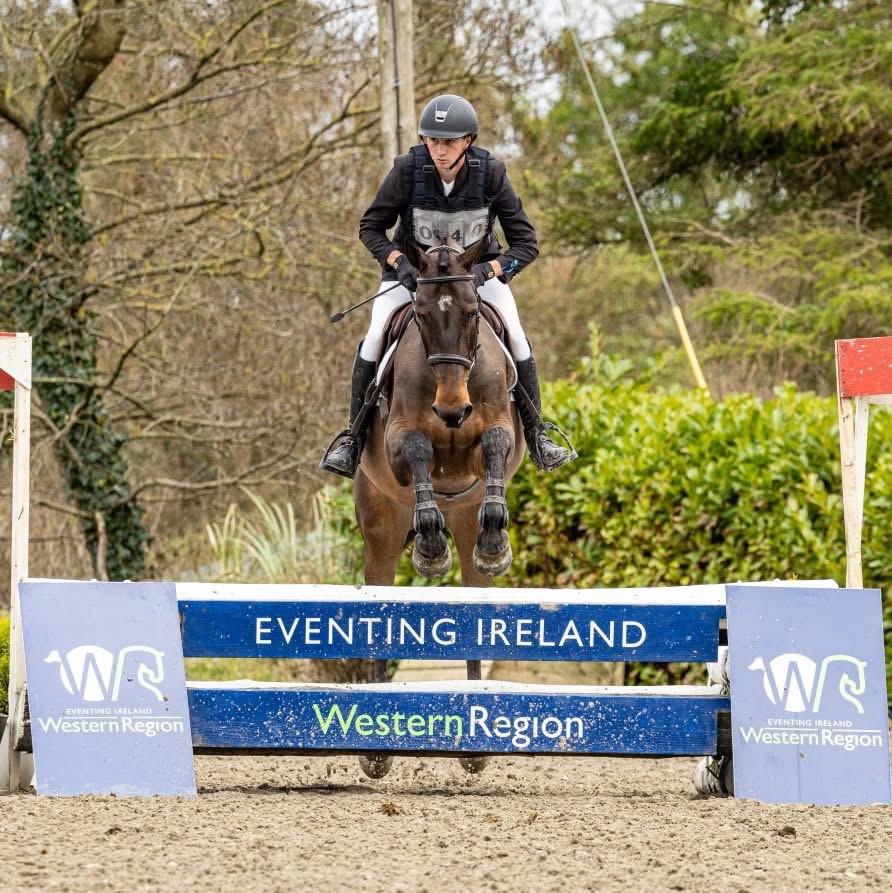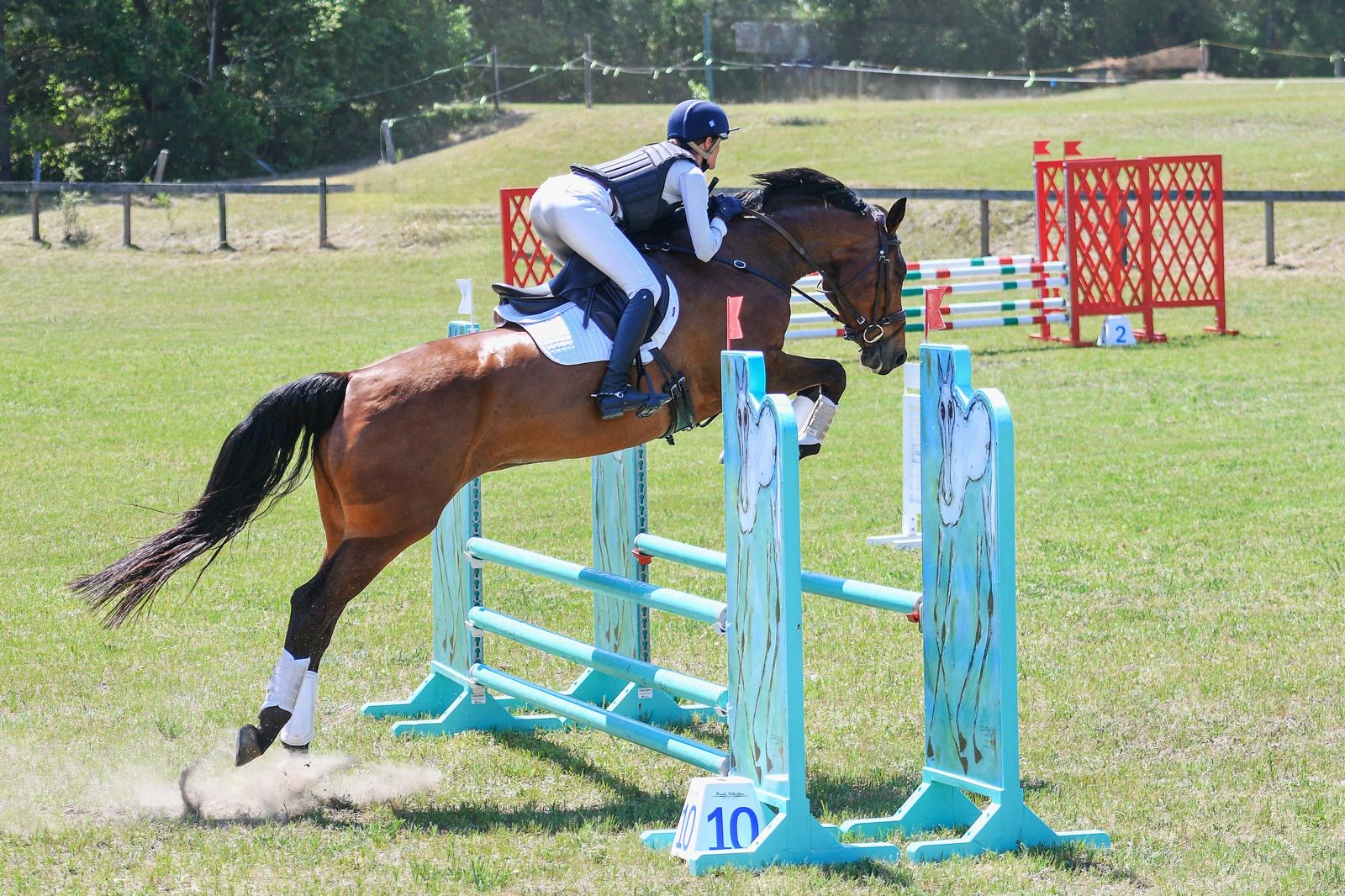
Florida Ag Inspection. Photo by Colleen Hofstetter
=
Originally posted 11:29pm 2/22/13
I just spoke with the Florida Ag Inspection Station to learn that horse travel may be affected in Florida at this time, presumably due to the EHV-1 scare at HITS Ocala.
**Update 2/22 11:46pm** A phone call to a different Ag Station (on I-95) says that horses may be permitted if they have a Health Certificate within 24-hours stating the horse is EHV-free. The State Veterinarian is in control of setting the regulations as necessary to protect the equine population, and these measures may change tomorrow morning.
**Update 2/23 7:40AM** I called the Ag Station again this morning, and the officer says that horses with a normal health certificate and Coggins will be allowed to pass. This officer seemed a bit less knowledgeable than the one I spoke with last night– even stating that “The public sometimes knows restrictions before we do,”…but it seems all is ok. If you would like to call and verify, their number is (386) 397-2295 (Trenton) or (386) 362-1329 (Live Oak) .
This may have an impact on quite a few Ocala-based horses competing at Pine Top (GA) this weekend. The Advanced and Intermediate divisions will finish show jumping tomorrow… will they be allowed home?
Ironically, from all official press it seems to be “business as usual” at the HITS showgrounds, with on-going competition and horses shipping in or out (except for the one quarantined barn); though the State Vet may set new restrictions in the future. The Winter Equestrian Festival (Wellington) is not allowing any Ocala horses on their property, whether or not they come from HITS.
For more information on EHV-1, see this article from The Horse.com. In most horses, EHV (“rhino”) is a respiratory illness, and can cause pregnant mares to abort. However, it does sometimes cause neurological symptoms. EHV-1 has an incubation period of 7-14 days, before neurological symptoms may be present. The disease presents first as a fever, so monitoring your horse’s temperature is the most important step an owner can take. The virus is transmitted through horse-to-horse contact, but can also survive on grooming tools, buckets, trailers, and other equipment surfaces. There is a routine vaccine available, most effective from 7 days, up to 90 days post-vaccination. The vaccine may not prevent the neurological form of EHV, but it will likely lesson the shedding of the virus, thereby limiting the transmission of the disease to other horses.




















